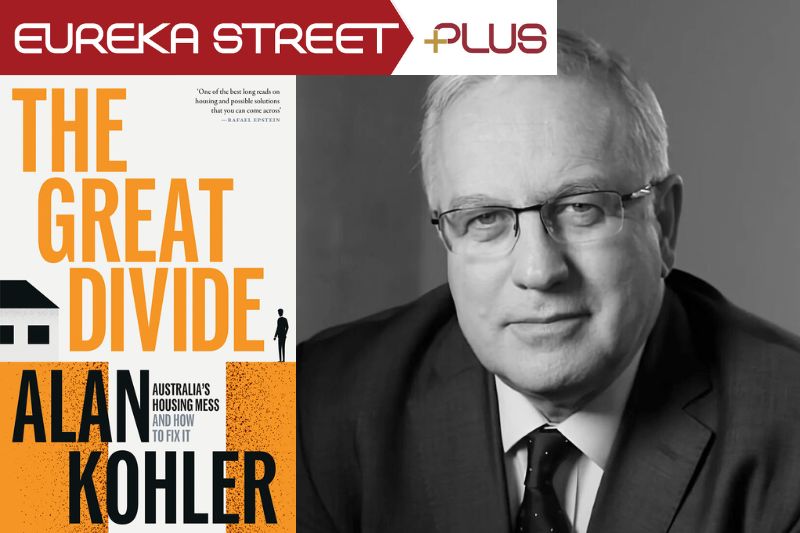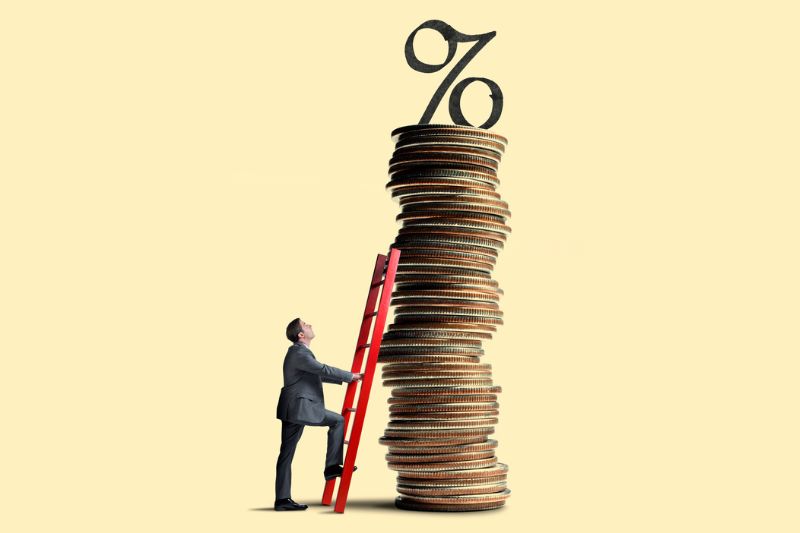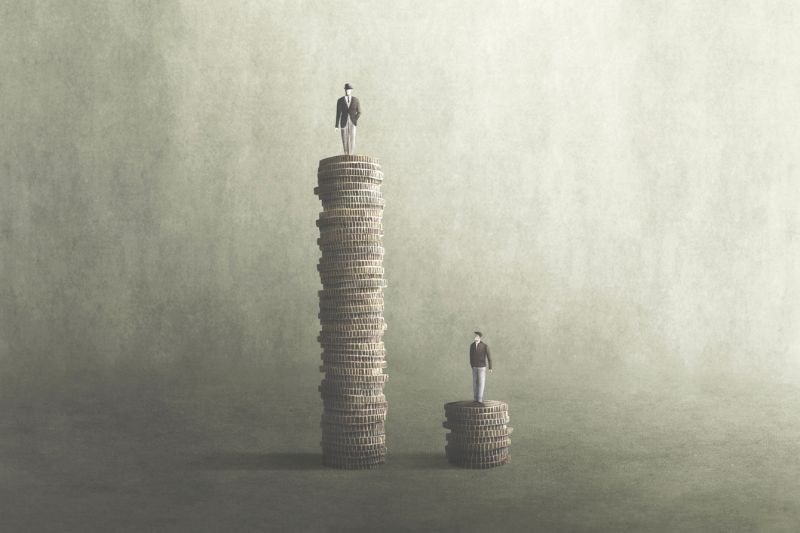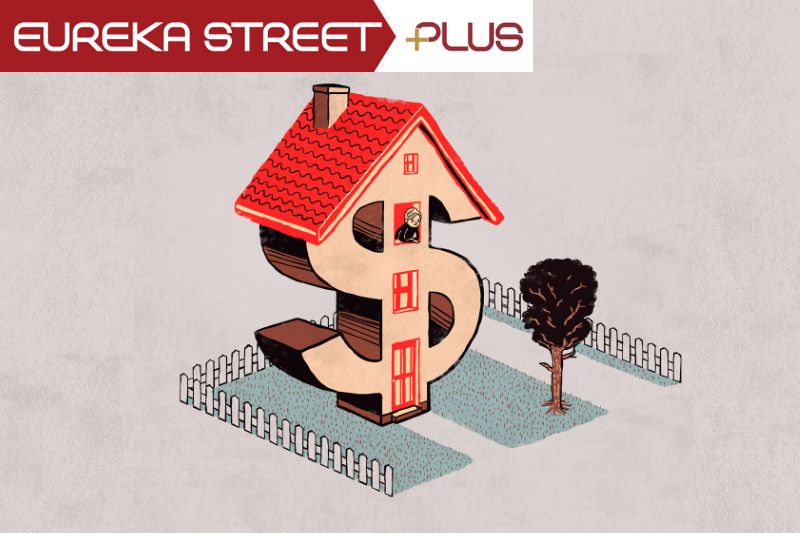Keywords: Wage Inequality
There are more than 24 results, only the first 24 are displayed here.
Become a subscriber for more search results.
-

AUSTRALIA
- Kevin Bell
- 29 November 2024
2 Comments
With unaffordable housing pushing families into impossible choices, homelessness affecting 120,000 people, and systemic inequities deepening, we must ask: What kind of society do we want to build — and for whom?
READ MORE 
-

AUSTRALIA
- David Halliday
- 08 November 2024
As house prices soar, half the nation finds itself locked out of the property market. In conversation with Eureka Street, Alan Kohler untangles the web of tax incentives, population pressures, and government policies fueling the housing crisis to discover why, despite public outcry, solutions remain frustratingly out of reach.
READ MORE 
-

AUSTRALIA
- Joe Zabar
- 17 September 2024
2 Comments
As Australia heads toward the 2024 federal election, voters are grappling with soaring costs of living, stagnant wages, and weak GDP growth. Inflation is easing but prices remain stubbornly high. Will the Albanese government’s strategies to combat inflation satisfy an increasingly strained electorate?
READ MORE
-

AUSTRALIA
For decades, unchecked corporate power and policy failures have driven up Australia's cost of living, leaving many Australians struggling. As corporate interests dominate, CEO pay increases dramatically while wages stagnate, and inflation rises. This influence of corporate Australia has eroded economic safeguards, dismantling the guardrails that once protected the common good.
READ MORE
-

AUSTRALIA
In a signature essay published last year in The Monthly, Treasurer Chalmers staked out an ideological terrain he described as ‘values-based capitalism.’ The Budget 2024 is quite the big reveal on what those values include and who they exclude. In it, the people who have borne the brunt of inequality and precarity are neither seen nor heard.
READ MORE
-

AUSTRALIA
- Peter Mares
- 12 April 2024
1 Comment
The ABC’s recent Q+A housing special left many questions unasked and unanswered. Labor, Coalition and Green MPs all say they want more people to be able to buy their own homes. The most obvious way to achieve that would be to reduce the price of housing. Yet no politician will make that an explicit policy aim.
READ MORE 
-

AUSTRALIA
Dr. Eve Vincent's book, 'Who Cares? Life on Welfare in Australia', provides an in-depth exploration of the intricate dance between power, control, and social policy, unearthing unsettling truths about our society's inherent power structures. This discourse further underscores the urgent need for a radical reimagining of our socio-economic systems.
READ MORE
-

INTERNATIONAL
- Andrew Hamilton
- 30 March 2023
4 Comments
The decision by Australia to buy nuclear submarines from the United States and Great Britain inevitably prioritize security over justice, equality, and fraternity. As the world faces the threat of catastrophic global warming, it is time to ask whether submarines are the answer, or whether they distract us from the far greater challenge posed by nature itself.
READ MORE
-

AUSTRALIA
- John Falzon
- 23 March 2023
11 Comments
As jobseeker payments are indexed for inflation, increased payments are still well below the minimum wage and age pension. With successive neoliberal governments dismantling social infrastructure, people living in poverty have little means of escape. Poverty is not a personal choice but a political one.
READ MORE
-

AUSTRALIA
- Danusia Kaska
- 08 March 2023
3 Comments
Women over 55 are the fastest growing homeless group in Australia. With over 400,000 women at risk of homelessness, it's Indigenous women, women with disabilities, women from migrant or refugee backgrounds, and women with mental illness who are disproportionately vulnerable.
READ MORE
-

ECONOMICS
- Andrew Hamilton
- 02 March 2023
3 Comments
As politicians and economists search for a simple solution to inflation, high debt, and rising interest rates, Australia's inequality has become a defining feature of its economy. As the fear of unintended consequences and the power of vested interests loom large, incremental reform may be the only way to reduce inequality and serve the common good.
READ MORE
-

AUSTRALIA
- David Halliday, Peter Mares, John Falzon, Nicola Nemaric, Rae Dufty-Jones
- 18 November 2022
1 Comment
Despite rising interest rates and the recent dip in property values, Australia’s housing situation places it among the least affordable property market in the world. With a rise in homelessness and younger Australians locked out of an inflated housing market, what is the way forward for Australia?
READ MORE 